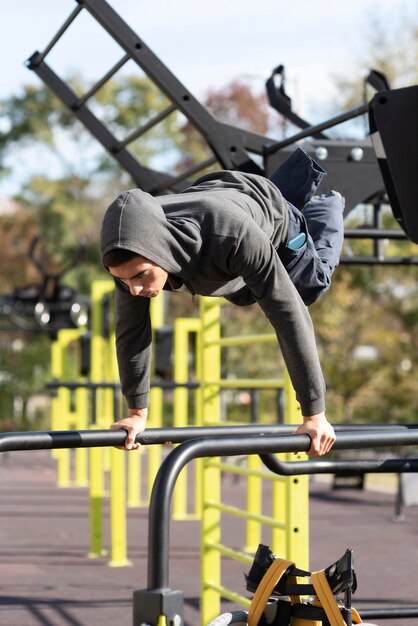
Being a professional athlete is a dream many aspire to achieve, but with the glamour and success comes an undeniable challenge: managing a personal life amidst the demanding schedules and pressures of elite sports. Whether it’s the grueling hours of practice, constant travel, or media scrutiny, athletes often find themselves struggling to balance their careers with relationships, family, and personal well-being.
The pressure to perform at the highest level can make it difficult for athletes to maintain a healthy work-life balance. Many face the constant challenge of staying connected with loved ones while keeping their focus on achieving peak performance. For those in the spotlight, the challenges are even greater, as public expectations and personal responsibilities often collide.
Despite these hurdles, many professional athletes have found ways to navigate this balancing act. From setting boundaries to prioritizing self-care, they employ various strategies to ensure that their personal lives don’t fall by the wayside. This article explores how pro athletes manage the often difficult task of maintaining both their careers and personal lives in harmony.
Challenges Faced by Professional Athletes in Maintaining a Work-Life Balance
Professional athletes are often under immense pressure to perform at the highest level, which can lead to significant challenges in managing their personal lives. The demanding schedules, intense training, and constant travel can create a strain on their ability to maintain a healthy work-life balance. For many athletes, this lifestyle leaves little time for family, friends, or personal interests.
In addition, the public scrutiny athletes face can add to the difficulty of maintaining personal relationships. Athletes are frequently in the spotlight, and this attention can complicate their efforts to enjoy privacy and personal time. Balancing these professional obligations with their personal lives becomes a constant struggle.
Key Challenges in Maintaining Work-Life Balance
- Demanding schedules: Athletes have to follow rigorous training routines, often leaving them exhausted and with little free time for personal life.
- Travel commitments: Competing at international levels requires constant travel, which can lead to long periods away
Strategies Used by Pro Athletes to Stay Grounded in Personal Relationships
Professional athletes often find themselves in the spotlight, juggling demanding schedules and public expectations. Despite these challenges, many manage to maintain healthy personal relationships. Staying grounded is crucial for their overall well-being and can significantly impact their performance on and off the field.
To cultivate and preserve their personal connections, athletes employ various strategies that help them balance their intense professional lives with their relationships. Here are some common approaches:
Key Strategies for Maintaining Personal Relationships
- Prioritizing Quality Time: Athletes often schedule dedicated time with family and friends, ensuring they remain present and engaged during these moments.
- Open Communication: Maintaining clear and honest communication with loved ones helps athletes express their needs and feelings, fostering understanding and support.
- Setting Boundaries: Athletes learn to set boundaries between their professional and personal lives, allowing them to disconnect from work-related stress and focus on their relationships.
- Involving Loved Ones: Many athletes involve their partners and families in their sports journey, sharing experiences and challenges, which strengthens their bonds.
- Practicing Mindfulness: Engaging in mindfulness practices, such as meditation or yoga, helps athletes center themselves, reducing stress and enhancing their ability to connect with others.
By implementing these strategies, professional athletes can cultivate fulfilling personal relations
The Importance of Mental Health and Time Management for Athletes
For professional athletes, maintaining a balance between personal and professional life is not just about physical performance but also about mental well-being. Athletes often face immense pressure, both from their careers and personal lives, which can take a toll on their mental health.
By prioritizing mental health and effective time management, athletes can enhance their performance while ensuring their personal lives remain fulfilling. These two aspects are crucial in fostering long-term success both on and off the field.
Final Thoughts
In the demanding world of professional sports, the ability to balance personal commitments and career goals is paramount. Mental health and time management are essential components that can help athletes manage stress, avoid burnout, and stay focused on what matters most.
Ultimately, athletes who dedicate time to nurturing their mental health and organizing their lives are better equipped to achieve peak